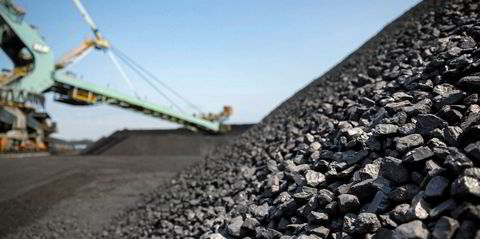Offshore support vessel owners are set for a prolonged improvement after a difficult decade.
Clarksons Research managing director Stephen Gordon believes energy security issues could prove a boon for a sector that has endured a very difficult time over the last decade.
The Clarksons offshore index of rates has reached a seven-year high of 80 points, up 68% from 2018, supported by increasing activity and multi-year impacts on fleet supply of consolidation, restructuring, limited newbuilding and ongoing removals.
In the North Sea, term rates for large platform supply vessels are 78% higher at £16,000 ($18,700) per day versus 2018.
Large anchor-handling tug supply spot day rates have hit records, averaging £105,000 in July, five times the 2018 level.
This was partly down to the small size of the AHTS market, with fewer than 20 vessels seeking spot work, but Gordon argued: “It is indicative of a real improvement in demand.”
“The upturn of 2022 already feels more entrenched and broader-based than the aborted gains of 2018/19,” he added.
Despite recent oil price softening on fears of an inflation-induced recession, Clarksons Research’s projections suggest utilisation will improve further.
Energy security is sharply up the agenda following the Ukraine conflict and offshore oil and gas investment may benefit.
Offshore wind has also increased to 0.3% of global energy supply.
Pressure to go green
“For oil service companies, pressure to ‘go green’ is becoming more urgent. Efforts are also being redoubled on carbon capture, and to reduce platform emissions,” Gordon said.
In 2018, markets were in the fifth year of a prolonged recession that had its roots in the demand collapse of 2014 and huge oversupply from a record newbuilding programme, the researcher explained.
Optimists were taking solace in an improving oil price and some modest recovery in utilisation.
But any embryonic recovery was sent reeling by the pandemic’s dramatic impact on energy markets, Gordon added.
In the drilling market, over 100 contracts were cancelled or renegotiated as global utilisation fell to 73% by January 2021.
For OSVs, global utilisation fell to 57% and North Sea PSVs hit 66% utilisation and rates of £6,500 per day.





